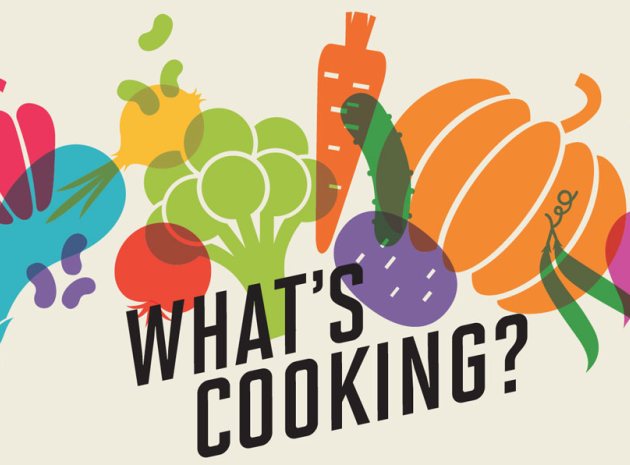Q I teach D&T at a large secondary school in a coastal area of England. Many of our students come from challenging backgrounds and need support in many aspects of their lives, and so I am pleased that the importance of cooking and nutrition has been recognised in the new curriculum. However, because of the widespread deprivation in our catchment, I am struggling to plan a practical set of lesson within a tight departmental budget, and that does not disadvantage those that cannot afford to bring the ingredients for their lessons. Do you have any advice that could help me overcome this barrier, and give our young people what they need?
A With D&T Food, Cooking and Nutrition now compulsory from September 2014 and the focus on pupil well-being in the School Food Plan, you raise an important planning issue for school heads. Address this on three levels: school policy, school systems and pupil voice.
Discuss your costed scheme of work with your senior leaders. We usually allow £1/head per practical, so know the budget required to meet the National Curriculum. A school policy should state how ingredients will be provided (schools can provide all, most or none), any voluntary contribution from parents, how much, and how this will be communicated and collected. It should state how pupils who do not bring ingredients (for whatever reason) will be provided for, including one-off forgetting and those entitled to FSM. Discuss how the pupil premium could be used to support the purchase of ingredients (no pupil on FSM should be identifiable in the lesson).
OFSTED stressed the importance of not socially excluding pupils from food lessons. It’s inadequate for pupils to assess or assist others who’ve brought ingredients, or be set ‘theory work’. None of these deliver the practical teaching objectives. You may save on costs with group work and smaller quantities, as the lesson is not providing the family evening meal, but for pupils to develop their skills.
School systems should make good use of new technologies, such as automated parent payment, technician support for purchasing lesson ingredients and setting up of lessons, and utilise wholesale purchase and delivery (such as those for the school lunch provision)
Finally, pupils are more likely to bring ingredients if they have a choice of recipes that deliver the same skills, and if they have an opportunity to taste what they are making beforehand.
Q We are working across our school to make sure we have consistent teaching of nutrition in Science, PSHE, Food Technology and PE, as well as our cooking and growing clubs. We’d like to have a bigger focus on this in the school day so that our teaching about healthy eating matches up with food at lunchtime and school food in general. Nutritional information from the media seems to change from day to day, how can be ensure that our teachers are teaching the right things, and utilise the expertise of the specialist food teacher in our school, shall we do a School Food collapsed timetable day?
A Many schools are having a bigger focus on all areas of school food – both in lunch provision and the teaching of food and health. NHS Choices is the best website to go to for accurate nutritional information, as press stories are often misleading and sensationalist, and whilst they could lead to an interesting discussion with pupils about how information is presented, it is important that every teacher in the school delivers a consistent message and teaching model such as the eatwell plate. It would be good to have staff training so that all tutors and subject leaders can consider the latest information and teaching models. Food a Fact of Life is also an excellent website for up to date, accurate and free teaching resources.
The School Food Plan website section on What Works Well has excellent ideas for whole school approaches, particularly looking at different lessons and having a splash through a collapsed timetable day. Don’t forget that growing and farming and understanding where food comes from are also key to the whole experience. If you would like to join up with offer food teachers and share ideas and resources, go to the Food Teachers Centre public page and find out how to join the closed facebook group.
The Design and Technology Association’s School Food Champions programme provides food teachers free training to support whole school food approaches, and improving the update of school lunches and healthier school food provision. It supports those schools that have particularly low lunch take-up.
nhs.uk/livewell/healthy-eating
nhs.uk/Livewell/Goodfood/Pages/eatwell-plate.aspx
foodafactoflife.org.uk
schoolfoodplan.com
whatworkswell.schoolfoodplan.com
facebook.com/foodteacherscentreuk
data.org.uk/for-education/secondary/school-food-champion-programme
- Browse by subject
- Maths & Science
- English & MFL
- Humanities
- The Arts
- I.C.T
- Outdoor Learning










